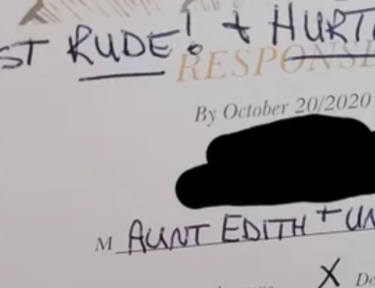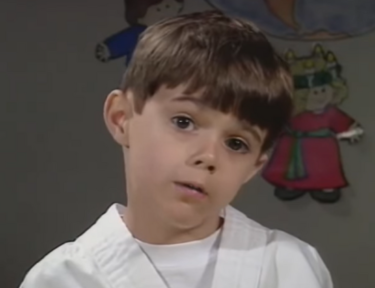Why You Can Feel Like You’re Really Falling When You Start to Fall Asleep
That space that sits between being fully asleep and in the world of wakefulness is a curious place, and one that often makes us feel like we’re falling. You know that feeling, right?
It’s called hypnic jerking, and it’s responsible for jolting you awake when you start to drift off. It doesn’t happen all the time as many times it occurs without waking you up, but for some, the jerking can disrupt sleep on a regular basis.
The only time that would be welcome is if we’re unintentionally nodding off at the job. Other times, the sensation may come with hallucinations, a racing heart, odd noises, or a nightmare. Before you get spooked out, let’s talk about the brain and what science thinks is behind the spasms.
Some sleep experts attribute the movements to sleep deprivation, anxiety, or caffeine. As the body starts to relax during the first stage of sleep, your muscles start to slow down but are not 100% tension-free.
Doctors believe that the brain interprets your relaxing muscles as if you’re in a freefall. It sends your system into a state of alarm, causing your muscles to tense up and startle you. Time magazine interviewed sleep expert James Wilson who stated that one part of the brain shuts down before the others as you start to doze off.
It can send things into a tizzy as your brain scrambles to try to figure out what’s going on:
“The complexity of going to sleep and waking up is incredible, and sometimes—particularly when we are sleep deprived—our brain doesn’t shut down normally, which means we get this sort of jerking movement when we’re in a light sleep. . . which is when we imagine ourselves falling off the sidewalk, a cliff or in a hole.”
For most who experience the jerks, they go away by the time you hit the REM stage of sleep. But that’s not always the case for people who have regular bouts of insomnia or sleep deprivation.
Your circadian rhythm can create a repeating pattern where you wake up with the twitches at the same time each night. No fun. If you’re having repeated episodes of hypnic jerks along with sleep problems, it’s a good idea to talk to your doctor.
Working out may also contribute to the jerks, but as we know, children also experience the “jumping” movements. In most kids, it is a normal occurrence as they fall asleep but in rare cases it may also affect their late stages of sleep. It usually resolves on its own but if you are concerned, speak with your pediatrician.
Keep watching the video to hear one more evolutionary reason that could be connected to our jumpy sleep episodes. You can apologize to your bed mate if you accidentally kick them in their sleep, but take comfort in the fact that most of us do it.
Are you like the 70% of Americans who get hypnic jerks? Do they bother you each night or are they sporadic? What do you think is the cause of yours?




